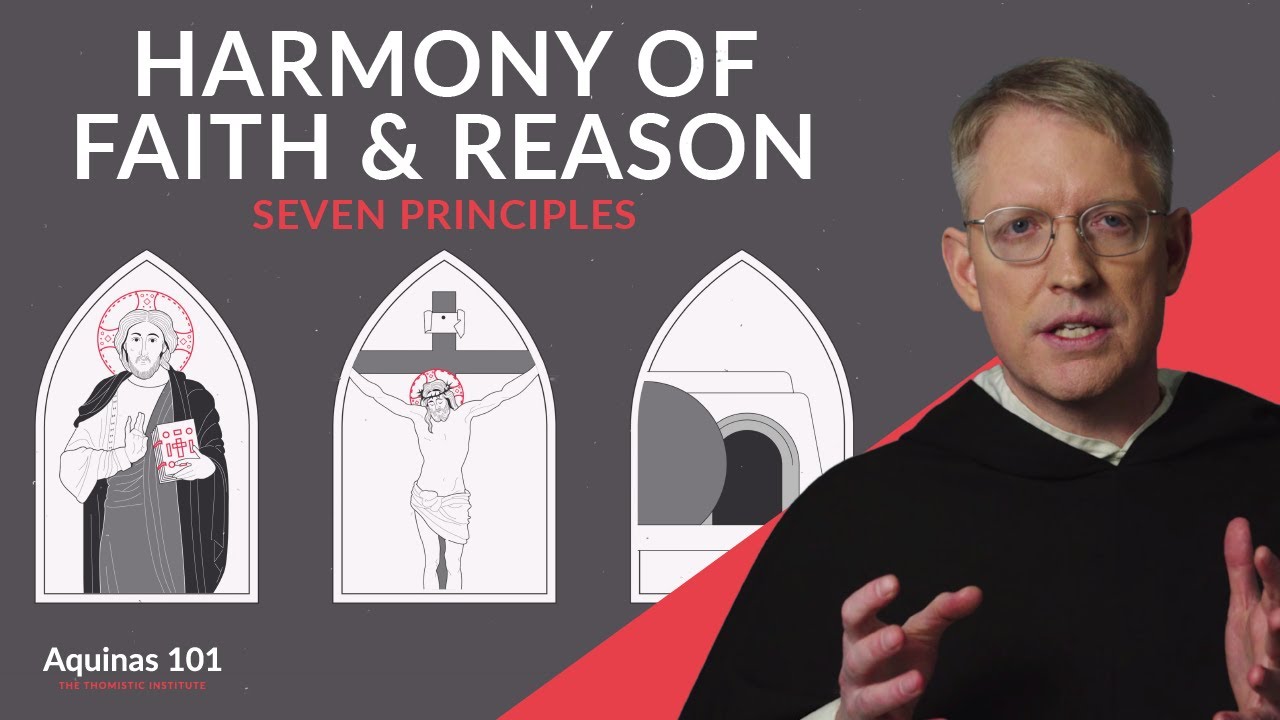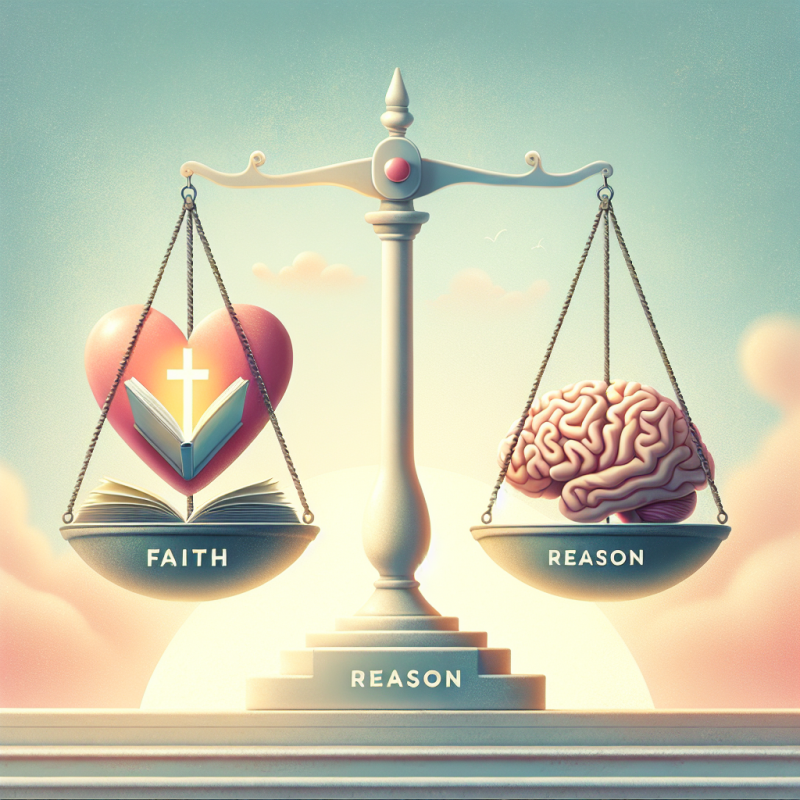The Power of Faith in an Age of Skepticism
Introduction
In an era where reason and empirical evidence dominate much of modern discourse, faith is often dismissed as irrational or naive. However, faith has been a crucial force throughout human history, shaping civilizations, inspiring great acts of courage, and offering guidance in life’s most challenging moments. Rather than standing in opposition to reason, faith can complement and enrich the search for truth.
This article explores faith’s enduring relevance, its relationship with reason, and how believers can navigate skepticism in today’s world.
Faith and Reason: A Harmonious Relationship
Many skeptics argue that faith and reason exist in opposition. They claim that faith demands belief without evidence, while reason requires logical coherence and empirical validation. However, as discussed in previous articles such as Faith and Reason: A Harmonious Path to Truth and The Harmony of Faith and Reason: A Lifelong Journey Towards Truth, this is a false dichotomy.
Faith and reason are not competing forces but complementary ways of understanding reality. Throughout history, scholars like Augustine, Aquinas, and C.S. Lewis have demonstrated that faith can be rationally explored, deepened, and understood through the lens of reason. Faith invites believers into a journey of discovery, where reason helps articulate and refine their understanding of divine truths.
The Modern Challenge: Faith Amidst Skepticism
We live in an age where materialism, scientism, and secularism prevail. These worldviews often challenge faith by asserting that reality can only be determined through scientific inquiry. While science offers valuable insights into the workings of the physical universe, it cannot answer the deeper existential and moral questions that faith addresses:
- What is the purpose of human life?
- Does absolute morality exist?
- How do we understand love, justice, and spiritual longing?
The inability of empirical science to answer these profound questions suggests that faith still plays a critical role in shaping human meaning and purpose. As the article Bridging Faith and Understanding: Unlocking the Harmony Between Belief and Reason explored, faith opens the door to knowledge that goes beyond the material.
Navigating Doubt as a Person of Faith
For believers, doubt is a natural part of spiritual growth. Skepticism, when approached constructively, can deepen faith rather than erode it. Here are some ways to navigate doubts in an age of skepticism:
- Engage with Apologetics and Theology – Learning from Christian scholars and philosophers can help clarify intellectual doubts.
- Examine Personal Experiences – Faith is not solely an intellectual exercise but also a relational and experiential reality.
- Seek Community and Conversations – Engaging in thoughtful discussions with other believers and even skeptics can refine one’s understanding.
Faith Through the Lens of History
Faith is not a mere superstition confined to ancient civilizations; it has driven movements that shaped history. From the foundation of universities rooted in theological studies to the civil rights movement led by faith-inspired leaders, belief in God has often been a catalyst for moral progress.
The Bible itself is filled with examples of individuals who were called to act courageously through faith:
- Abraham’s unwavering belief in God’s promises.
- Moses leading the Israelites despite all obstacles.
- The early Christians who endured persecution for their convictions.
Faith has never been about blind acceptance—it has always involved trust in something greater than oneself, even when circumstances appear uncertain.
Conclusion: A Call to Strengthen Faith
In an age of skepticism, faith remains an essential pursuit. It invites believers into a deeper understanding of truth, encourages moral reflection, and provides the foundation for purpose and meaning. As explored in previous discussions like The Harmony Between Faith and Logic, embracing both faith and reason leads to a balanced, spiritually enriching life.
Faith is not about having absolute certainty—it is about trust, hope, and a willingness to seek truth beyond what is seen. Whether facing skepticism from the world or within oneself, faith remains a guide that points toward a greater reality.







A compelling read. It addresses important questions without avoiding complexity. Faith isn’t about blind belief—it’s about trust and reasoning coexisting.
Faith has always been more than just belief—it’s a journey that challenges, refines, and reveals deeper truths.